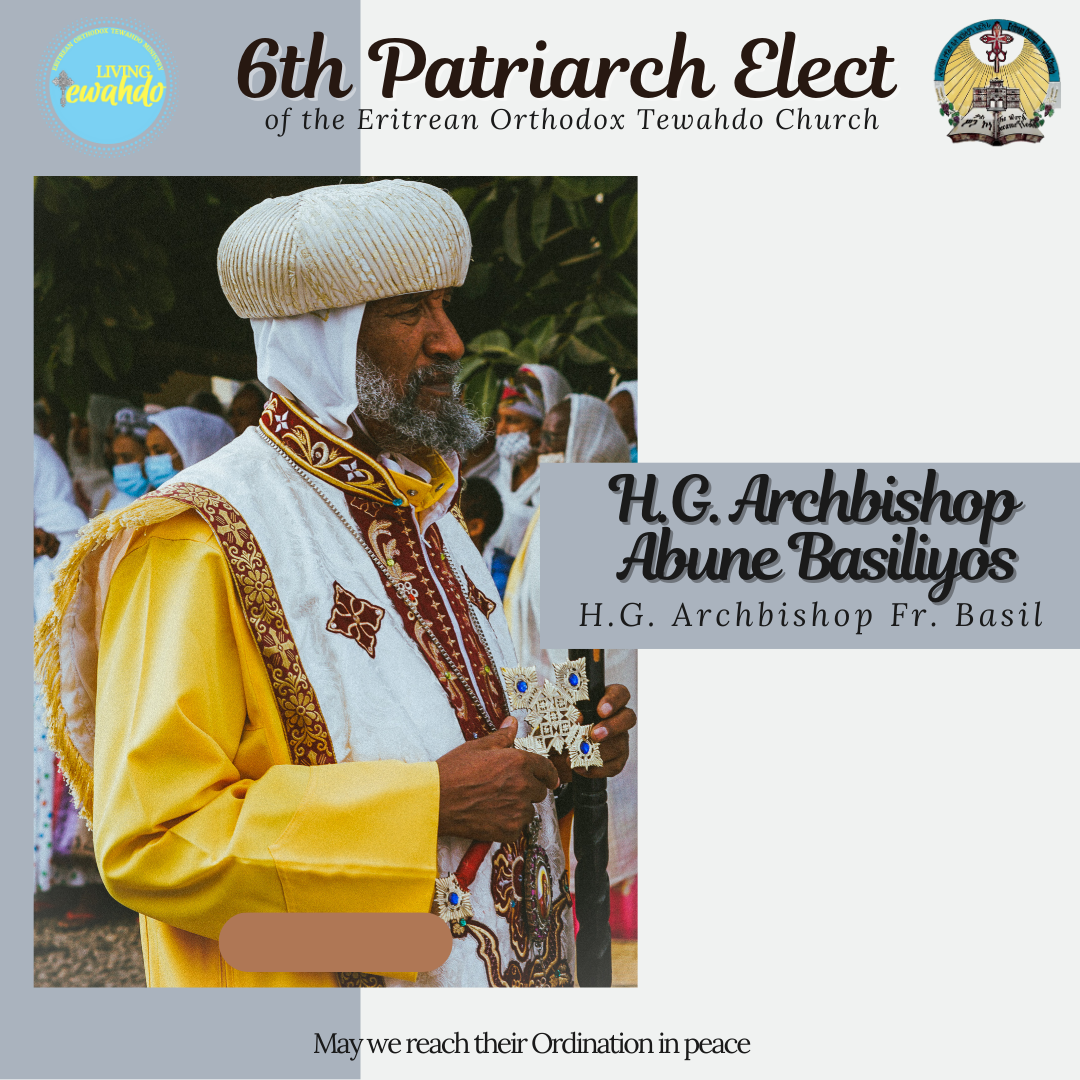In the name of the Father, the Son and the Holy Spirit One God Amen.
Scripture vs. Tradition
Brothers and sisters, in this sermon we will discuss the differences if any between Holy Scripture and Tradition. The reason for this is that in the Bible we read about tradition with some verses speaking for tradition while other verse speak against it. Of course, the contexts are different and carry different meanings. For example:
| FOR | AGAINST |
| 2 Thess. 3:6, "Now we command you, brethren, in the name of our Lord Jesus Christ, that you keep aloof from every brother who leads an unruly life and not according to the tradition which you received from us." | Matt. 15:3-6, "And He answered and said to them, 'And why do you yourselves transgress the commandment of God for the sake of your tradition? 4For God said, Honor your father and mother, and, He who speaks evil of father or mother, let him be put to death 5But you say, Whoever shall say to his father or mother, Anything of mine you might have been helped by has been given to God, 6he is not to honor his father or his mother. And thus you invalidated the word of God for the sake of your tradition." |
| 2 Thess. 2:15, "So then, brethren, stand firm and hold to the traditions which you were taught, whether by word of mouth or by letter from us." | Mark 7:8-9, "Neglecting the commandment of God, you hold to the tradition of men. He was also saying to them, You nicely set aside the commandment of God in order to keep your tradition." |
| 1 Cor. 11:2, "Now I praise you because you remember me in everything, and hold firmly to the traditions, just as I delivered them to you." | Col. 2:8, "See to it that no one takes you captive through philosophy and empty deception, according to the tradition of men, according to the elementary principles of the world, rather than according to Christ." |
The Orthodox Tewahdo Church believes that the Sacred Tradition and Sacred Scripture make up a single sacred deposit of the Word of God . In fact it is very unlikely to say that the two are different from historical perspective. We could definitely say Holy Tradition precedes the Holy Scripture. However this does not mean that Tradition is static. We can all agree that Christ didn’t write a book for us to call a bible. He thought in a synagogue and other place where people were gathering. Later the apostles and his followers later wrote the books of the bible after many years of His resurrection. They wrote it to papers that was taught to them and handed down to them verbally in to books called bible. This is the “Tradition,” i.e., “the faith once delivered to the saints” Jude 3, or the “Gospel” written in our lives and engraved within our hearts.
It is a living thing which was received by the Apostles who delivered it to their disciples by the Holy Spirit, who bears witness to Christ within the life of the Church, and unites her with the Savior. In other words, the action of transmission is realized not only by the apostle’s writings (Scripture), but rather by the Holy Spirit who guided their feelings, attitudes, worship, behavior and preaching.
Tradition means an experience, an entire life – not simply a series of teachings, but the living out of those teachings that have come from God who has revealed Himself to us. This is to say that Holy Tradition is more than a set of ideas in the scripture. St. Basil the great (4 th c), wrote once that the claim that demoting holy tradition as irrelevant or lesser that written material is like reducing the teaching of the Gospel to bare words. Christianity is not a system of truth that is infallibly preserved only in scripture, but life in Christ through the church that can not be reduced merely to ideas set down in writing.
Amen.
God Bless. May the Prayers and Intercession of the Virgin Mary Mother of God, Angels and Saints be with all of us.
Dn. Medhanie Kifle
Sources:
-The way, by Clark Carton. 1997
-Holy Bible

